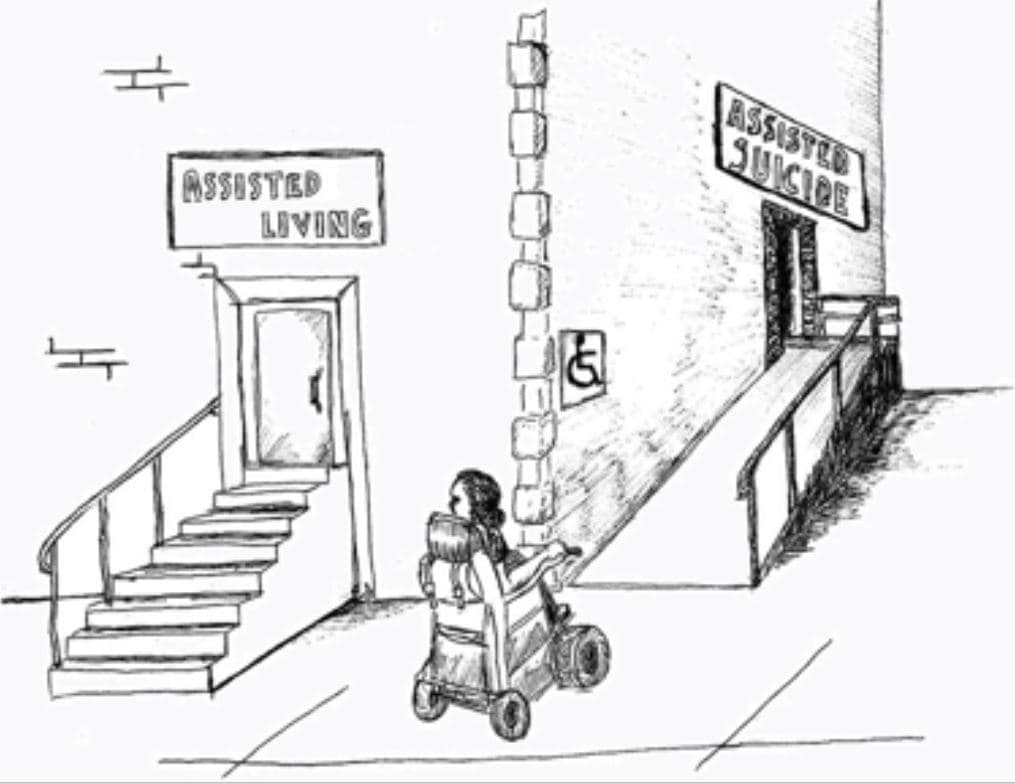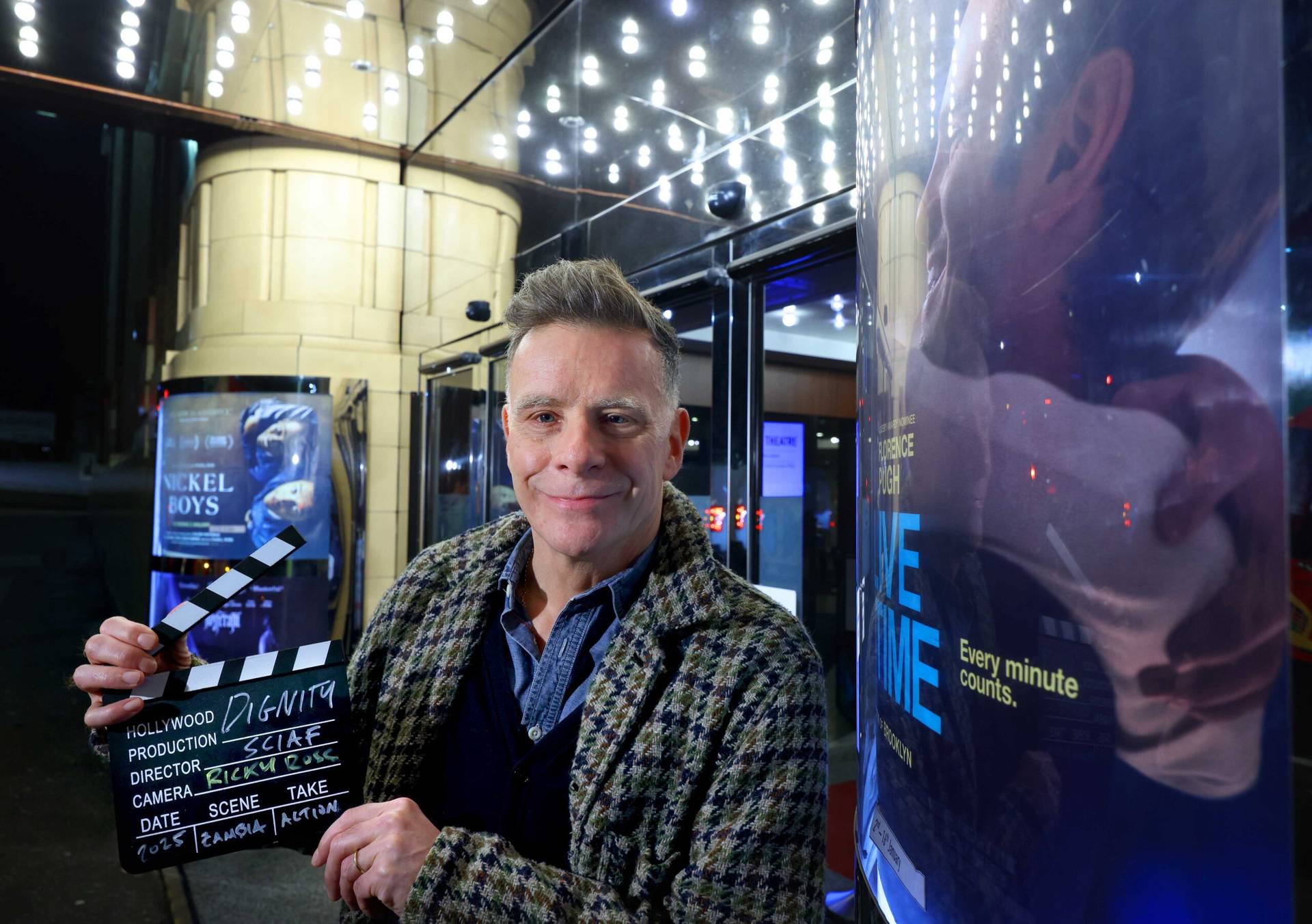WIGSTON, United Kingdom – Noting that Britain founded the modern hospice movement, the Bishop of Nottingham says a proposal to legalize assisted suicide could lead to “a gradual decline in funding for palliative care.”
Labour MP Kim Leadbeater’s Terminally Ill Adults (End of Life) Bill is currently being discussed in the UK Parliament. Although new Prime Minister Keir Starmer has supported legalizing assisted suicide, he has offered members of parliament a “free vote” on the issue.
Bishop Patrick McKinney read his statement on the issue on Sunday in St. Mary’s Church in the Leicestershire town of Wigston.
“This Bill has the potential to initiate a paradigm shift in how we understand, value, and protect the sacredness of every human life, and so to profoundly affect the very fabric of our society. Laws to legalize assisted suicide strike at the foundation of the legal order; the right to life sustains all other rights, including the exercise of freedom,” he said.
“While real and emotional descriptions of painful suffering in dying and death resonate powerfully with all of us, the ardent desires of a few cannot outweigh our obligations to the greater common good, which includes protecting the lives of all, especially the most vulnerable,” the bishop continued.
McKinney says palliative care constitutes “a precious and crucial instrument in the care of patients during the terminal stages of illness.”
Palliative care improves the quality of life of patients who have a serious or life-threatening disease, such as cancer, and can be given with or without curative care. Supported by the Church, palliative care is seen as an approach to care that addresses the person as a whole, not just their disease.
“The excellent work of hospices across our country bears witness to what it means to holistically accompany, and compassionately care for, a person in their final days,” the bishop said.
“Britain founded the modern hospice movement, and so it a very sad reflection on our society that access to hospice care is a postcode lottery, and that hospices in this country are so poorly funded and so heavily reliant upon charitable donations,” he continued.
“It should also be noted that in many countries where such laws have been introduced there has been a gradual decline in funding for palliative care,” McKinney added.
The bishop admitted supporters of the legislation say the elderly, disabled and other vulnerable persons will be protected through a careful framing of the Bill – but he noted evidence from other countries where assisted suicide has been legalized, shows the “very real danger” that these safeguards can be made less safe.
“Canada, with a similar health system to ours, provides a salutary tale in this regard. So-called ‘medical assistance in dying’ was introduced in a similar way to this current Bill, yet five years later it has been rapidly expanded to include chronic illness, disability, mental health, and it has even been offered to patients for reasons linked to old age, disability, and other social issues,” he said.
“In New Zealand, within just a year of being legalized, evidence is emerging that people are choosing euthanasia due to financial concerns, or because they felt a burden to their family, or because they felt alone and abandoned. Once exceptions are made, the evidence is clear that such legislation knows no end,” the bishop explained.
McKinney went on to say the proposed law will place pressure on doctors and other medical professionals.
“The need for medical care is born in the vulnerability of the human condition, and it encompasses the responsibility to care for and promote human life, underpinned by the principle to ‘do no harm’. This Bill risks changing forever the relationship between patients and doctors, those to whom we have always looked for medical advice and care in times of need,” he said.
Right to Life UK says 82 percent of palliative care doctors oppose the introduction of assisted suicide.
In a letter to Leadbeater, 24 palliative care doctors said, “It hasn’t gone unnoticed that assisted dying is financially a cheaper solution than providing holistic care to those who are dying.”
Catherine Robinson, the spokesperson for Right To Life UK, said palliative care doctors have underlined many of the problems with the assisted suicide bill.
“They correctly highlight the woeful lack of investment into palliative care, as well as a genuine danger that assisted suicide will be viewed as a cheaper solution than high-quality palliative and hospice care, which is what people at the end of life really need. The Health Secretary has confirmed he will vote against the Bill, saying ‘the focus should be on palliative care’,” she said.
“It’s time for the Government to listen to the palliative care experts and Health Secretary on this matter, and to put resources into palliative care rather than assisted suicide,” Robinson added.
Follow Charles Collins on X: @CharlesinRome















